Cancelled Flights, Missed Connections and The Travel Impact COVID-19
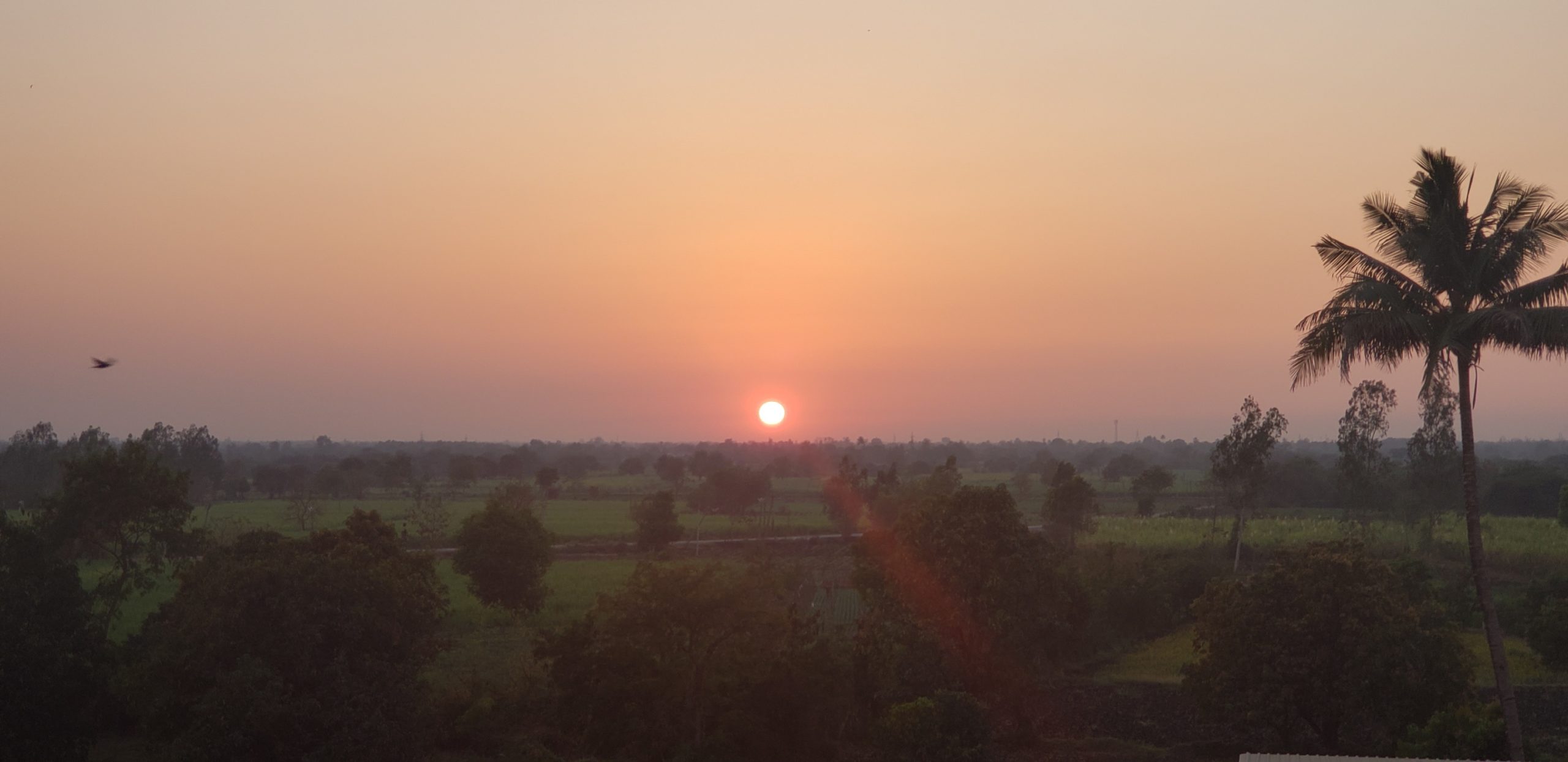
Our spring break trip to India was planned months ago. Dr. Sandeep Subramanian from the Department of Physical Therapy was the brains behind this whole thing. Thirteen students were signed up and eagerly awaiting their departure date to travel across the world to visit the Manipal Academy of Higher Education (MAHE). MAHE is home to some of the most current and innovative setting for higher education in the fields of Nursing, Physical Therapy, Speech Language Pathology and Occupational Therapy in India. We aimed to compare the U.S. healthcare system and educational programs to that of India as part of this international education experience. Tickets were booked, housing was set, learning objectives were formalized, agendas were finalized, and then the emails and text messages came.
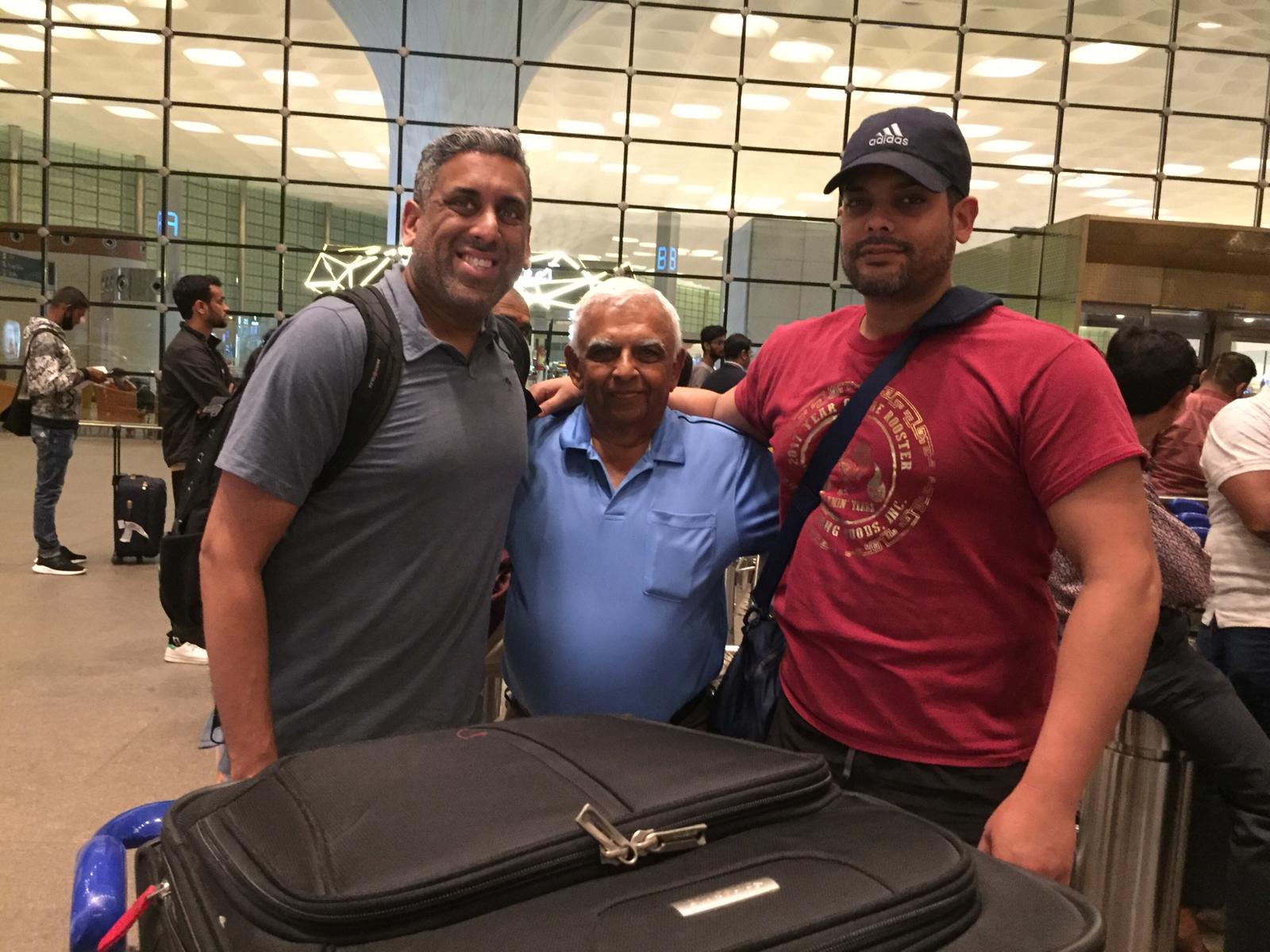
I had traveled to India ahead of the students to visit my family’s home in the small village of Lotarva, in the state of Gujarat; about five hours north of Mumbai. It’s a peaceful, farming village with fields of sugarcane surrounding it. The land is so flat that you can see neighboring villages, about 15 kilometers away from the top of the house. My parents were there and my brother had also came from San Francisco; it was going to be a nice reunion before I meet the students in Mumbai and head to Manipal. The mornings and evenings were cool, afternoons were hot, and the best time of the day was watching the sun set behind the haze of the evening sky from the rooftop with a cold beer in my hand.
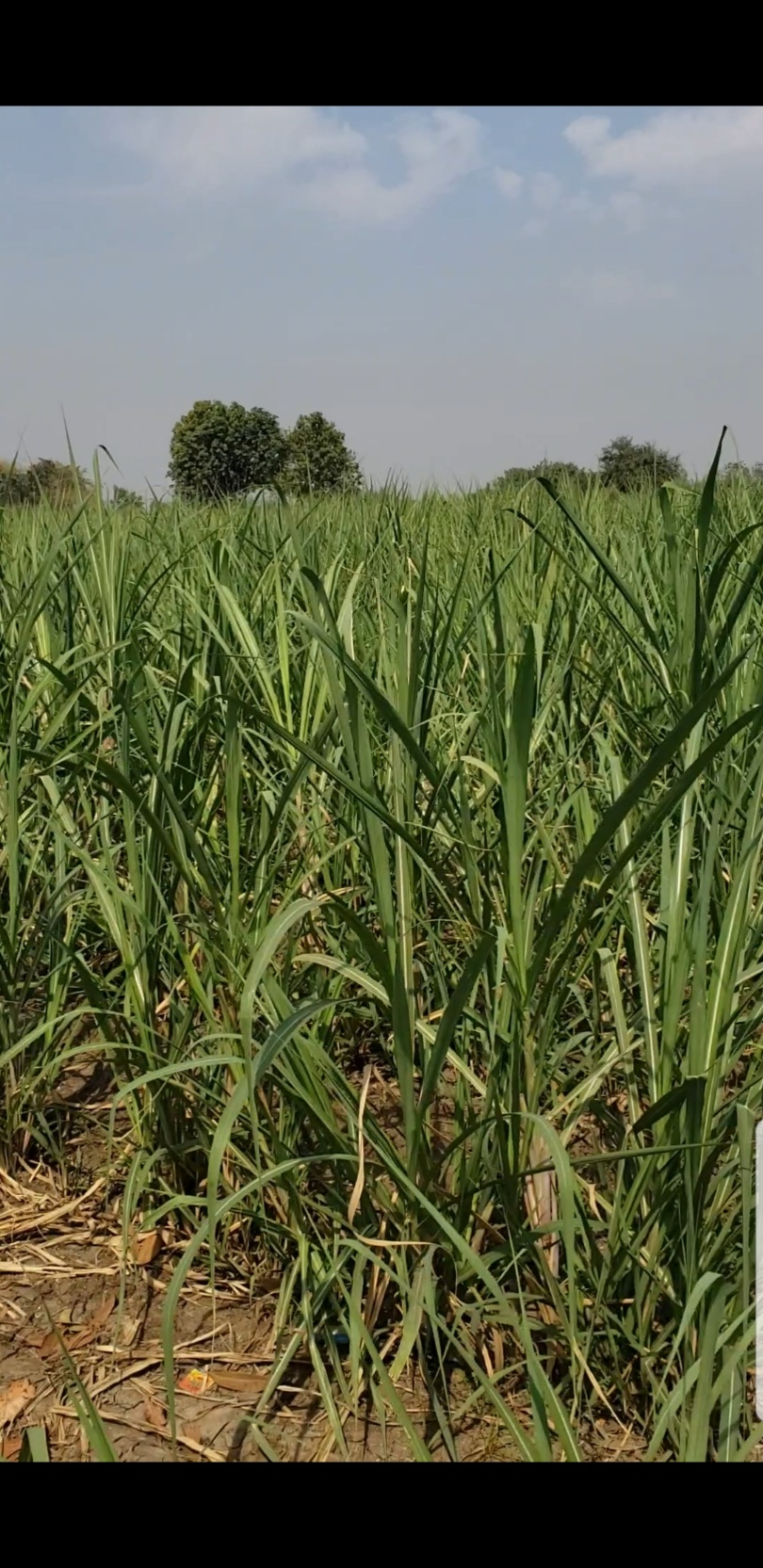
COVID-19 was known to all when I left San Antonio on February 26. However, when traveling to India, you plan for the “bugs.” Wet wipes and hand sanitizer took up substantial real estate in my backpack. But the week I was in India, there was little communication about the virus. In fact, the International SOS alerts I got were all about avoiding large crowds because of the potential for riots due to some controversial legislation India was discussing. March 4, two days before the students were scheduled to depart, is when I got the first international SOS alert to reconfirm itineraries. And then I woke up to the text message, “The university has made the unfortunate decision to cancel all outbound student international travel.” Thirteen students, some who were actually on their way to Houston for the departing flights, told that their trip is off. Boy, I felt bad for them. I don’t need to tell you about the financial impact this trip already had for these students. Whatever my opinion may count for, I think it was the right move. Particularly now, as we track the number of cases in India (up to 500 as of this writing).
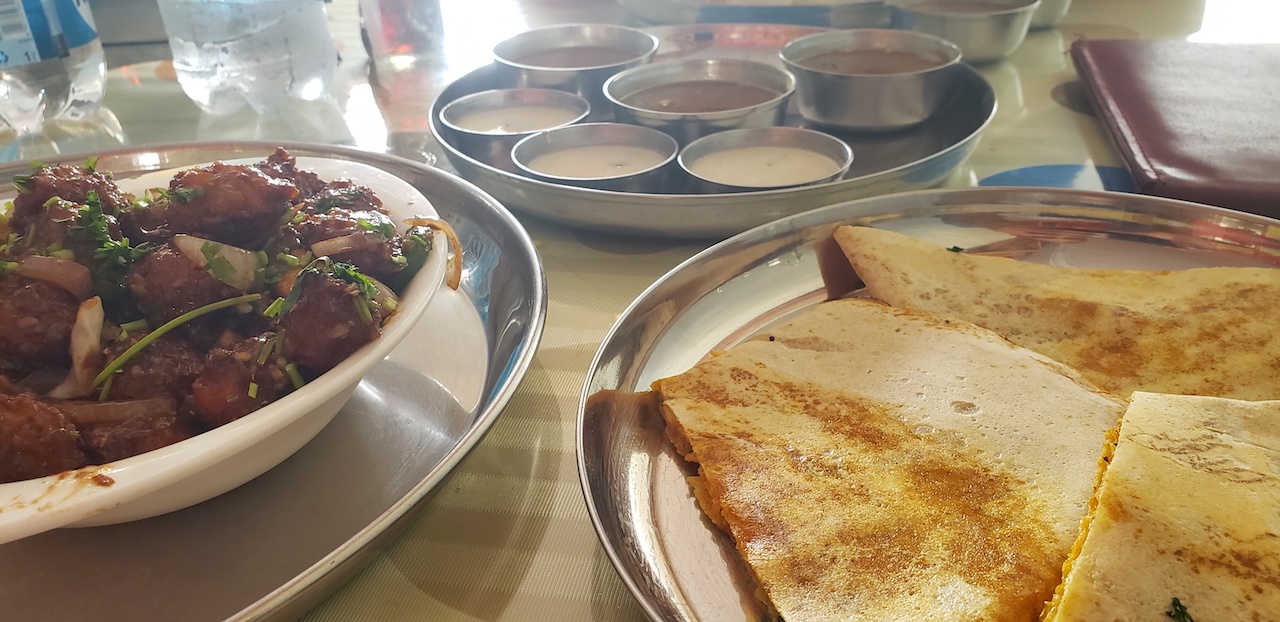
Personally, this trip was going to help me establish myself internationally. This trip was going to be a great opportunity for me to expand my collaborative wings. Until it wasn’t. I had talks lined up in Manipal. I was invited to give a keynote at a Rehab Oncology meeting in Mumbai. Had meetings lined up to discuss research programs with new collaborators in Mumbai as well. Until I too had to come home. The night of March 5th was a sleepless night for me. The 11:30 hour time difference meant there were emails and texts coming in at all times of the night. When I woke up on the 6th, that’s when the decision was made that I should try to get back as soon as possible. And I did. I spent the morning with Qatar Airlines customer service trying to get my flight changed. Ninety minutes on hold, only to be disconnected because of poor cell phone reception in the sugarcane farming village. I left that night.
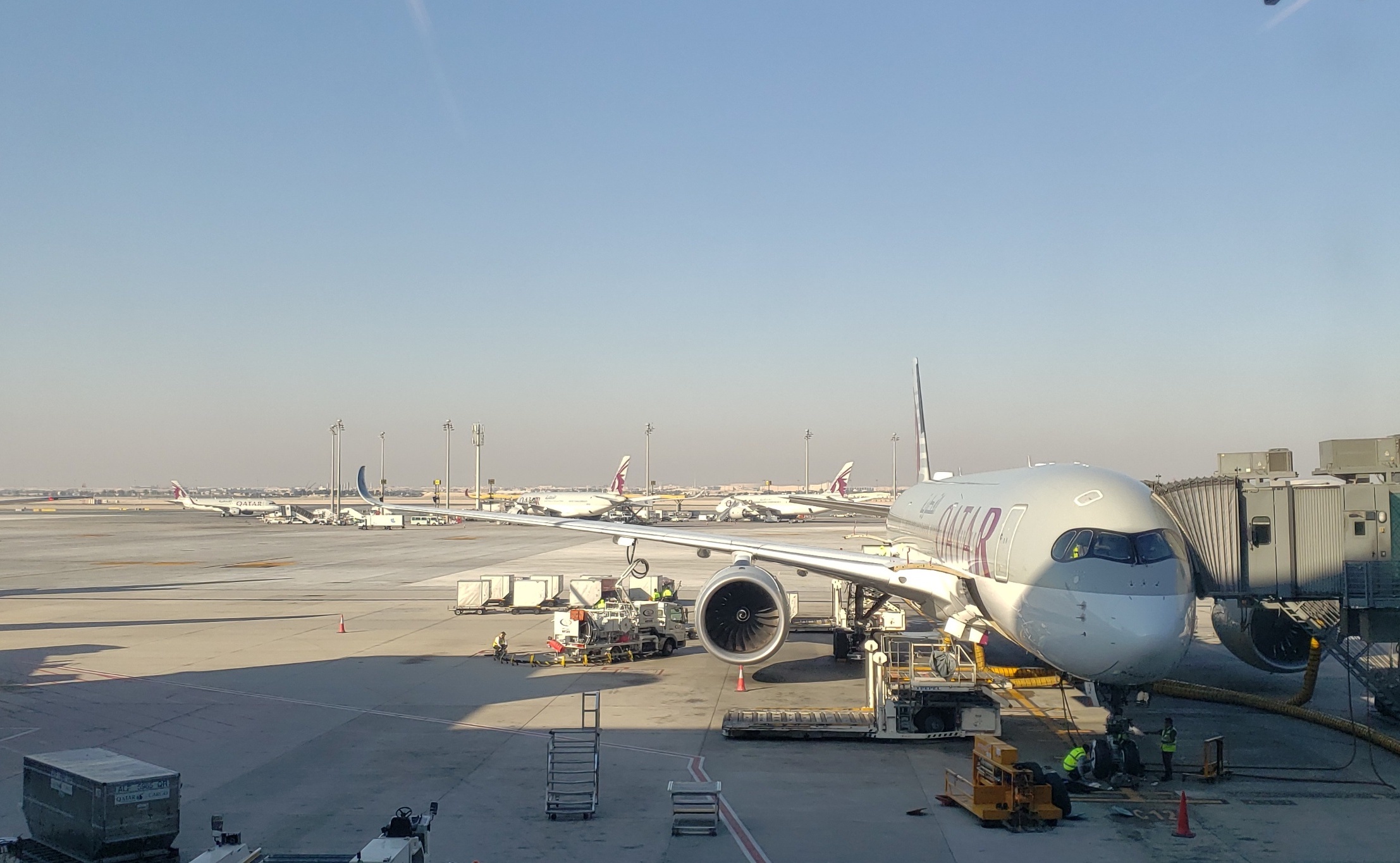
This pandemic has left us all searching inward to find ways to cope. But no matter the financial impact this has had I think the right decision was made. As a faculty supervisor who has taken many students to conferences and learning experiences, the most important thing is the health and safety of our students, especially when traveling internationally. I know I’m not the only one that had to go through this. Our story, my story, isn’t unique. Many students and faculty lost their opportunity due to a virus that knows no border.
About the Author
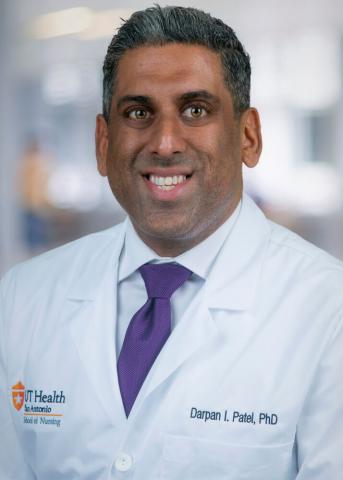 Dr. Darpan Patel is an associate professor/research in the School of Nursing. He is a graduate faculty member for the Nursing Science Ph.D. program. His research investigates 1) how exercise and natural products modulate growth of tumors, 2) the signal transduction of by which exercise and natural products attenuate muscle loss associated with cachexia, and 3) how discoveries made in the lab translate to the clinical population to improve patient outcomes. Read his faculty profile >>
Dr. Darpan Patel is an associate professor/research in the School of Nursing. He is a graduate faculty member for the Nursing Science Ph.D. program. His research investigates 1) how exercise and natural products modulate growth of tumors, 2) the signal transduction of by which exercise and natural products attenuate muscle loss associated with cachexia, and 3) how discoveries made in the lab translate to the clinical population to improve patient outcomes. Read his faculty profile >>
